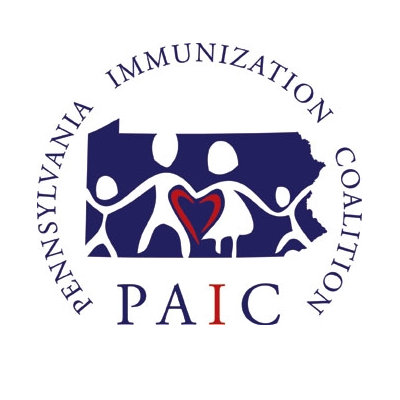10 steps to consider to protect communities from further vaccine-preventable disease outbreaks
To stop outbreaks, we must halt the spread of anti-vaccination misinformation
We are now well into the measles outbreak of 2019. From January 1 to May 3, there were 764 cases of measles confirmed in 23 states. This is the greatest number reported in the United States since 1994 — and since measles was declared eliminated in this country in 2000. At the same time, measles remains a huge threat due to epidemics in other nations.
The first two months of 2019 saw 34,300 measles cases reported in 42 countries in Europe, including 13 measles-related deaths in Albania, Romania, and the Ukraine. Measles cases have increased 700% in Africa, with a big outbreak in Madagascar. Some 800 people have died there from the disease. Measles is also flaring up in India, Yemen, Pakistan, Brazil, Nigeria, Chad, Canada, Myanmar, Israel, and Thailand, among other countries.
While all this is going on, we continue to have polite debates about the rights of the unvaccinated, the right to spread disinformation, and the right to heckle and hound people who complain that they or their babies are put at risk by the immoral behavior of anti-vaxxers.
What we should be doing is getting serious about the measles before things get much worse. We can’t control what goes on all over the world, but we can do something about the potential for a much worse epidemic to unfold here. What should we be doing to protect our communities, our children, and ourselves? We should halt the spread of anti-vaccine misinformation and take steps to stop nonmedical vaccine exemptions. We need to restore vaccines and vaccinations as the “new normal” in America. How? Here are 10 steps.
- We need to create a national vaccine database and registry, both for individuals and institutions. Every American who wants to know should have information on MMR vaccination rates at schools and daycares in their area. The media should publicize these numbers, partly to shame the non-vaccinators and partly to permit parents to demand that their kids not be exposed to the measles.
- Every worker needs to be able to find out if they are working in an environment with unvaccinated employees. HR departments should isolate unvaccinated employees.
- Every doctor and nurse should encourage vaccination and vaccination as needed by adults. Public programs should make it clear they will cover the costs involved.
- Public health officials should make it clear that they intend to seek recovery of all costs associated with tracing those exposed to measles by those who enter public space knowing they or their families are infected.
- Every state should rescind exemptions for vaccination based on religious or philosophical reasons. Currently only three states — California, West Virginia, and Mississippi — disallow such exemptions, leaving those in the other 47 states vulnerable. Medical exemptions should be allowed, but only if certified by a doctor who will lose their license if they lie in order to permit bogus exemptions.
- Any health care worker who deliberately spreads false information about vaccination — as determined by local and state licensing authorities, according to standard-of-care guidelines set by the CDC, American Academy of Pediatrics, and Infectious Diseases Society of America — should have their license reviewed for possible disciplinary action.
- Anyone who fails to vaccinate their children when requested to do so by public health authorities should face monthly fines until they do.
- Social media and e-commerce sites, in consultation with the CDC and other appropriate health care professional societies, should remove anti-vaccine content and false information about vaccines.
- Any mature child who wishes to be vaccinated over parental objection should be able to do so without legal penalty to the vaccinator.
- All pharmacies should be encouraged to offer free MMR vaccination and documentation.
If we are going to stop the measles and return to the time when the disease did not exist in this country, then it is time to treat the incipient outbreak as what it ought not be allowed to become — a full-fledged epidemic.
Read full article here.
